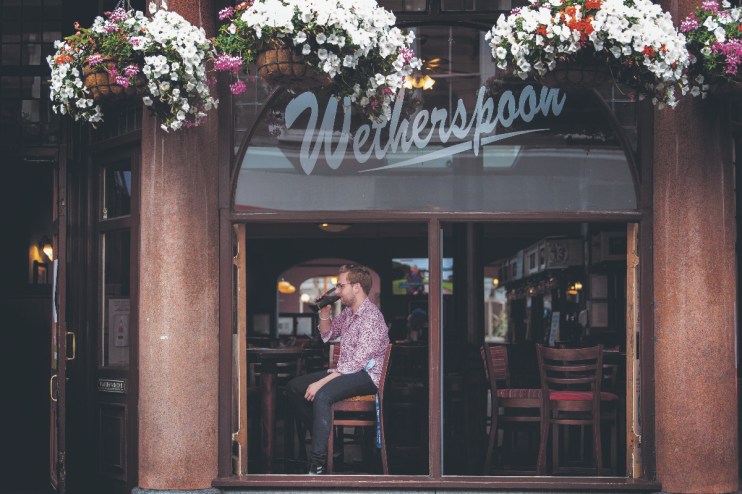Wetherspoons boss Tim Martin calls on Keir Starmer to reduce pub taxes

Wetherspoons chairman Tim Martin has once again called on the government and Keir Starmer to reduce the tax gap between supermarkets and pubs in his company’s latest trading update.
Martin said following the government’s decision to hike the national minimum wage, business rates and employers’ national insurance, costs at Wetherspoon will increase by around £60m per annum.
“Supermarkets pay no VAT in respect of food sales, whereas pubs pay 20 per cent,” which allows “supermarkets to subsidise the price of beer they sell,” Martin continued.
He added: “Given the public’s love of pubs, the only possible explanation for this tax discrepancy is that prime ministers and other legislators, in the 45 years since Wetherspoon started trading, have been dinner party goers, rather than pub goers.
“Food at dinner parties is VAT-free, subsidised by the legendary “man on the Clapham omnibus”, who has fish and chips at his local pub.
“Wetherspoon therefore calls upon Sir Keir Starmer to redress this imbalance, thereby striking a blow for tax equality and ending discrimination in favour of dull (yawn, yawn) dinner parties.”
Wetherspoons sales hit by hotel slowdown
Tim Martin made the comments alongside Wetherspoons trading update for the 25 weeks to 19 January.
For the period the company reported like-for-like sales growth of 5.1 per cent, with bar sales up 4.5 per cent and food sales up by 5.6 per cent.
However, hotel sales slumped by 6.5 per cent.
Like-for-like sales for the main Christmas period, the three weeks from 16 December 2024 to 5th January 2025, grew 6.1 per cent.
Over the first six months of the company’s financial year, it opened two new pubs and sold six.
The company plans to open a total of nine pubs in the year, including sites at London Bridge station, Fulham Broadway underground station, Manchester Airport, Beaconsfield, Wetherby and Bath.
Tim Martin said, “The company is confident of a reasonable outcome for the year, although forecasting is more difficult, given the extent of the increased costs.”
